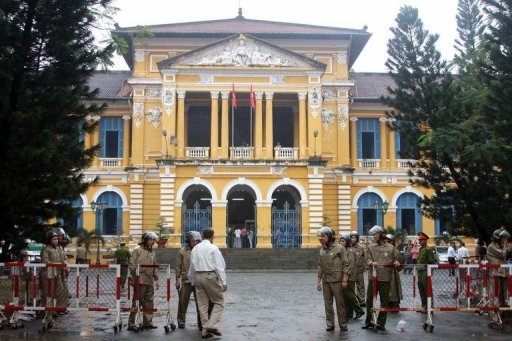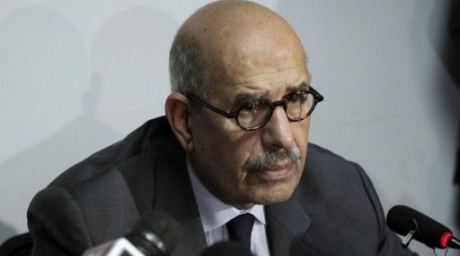The Egyptian Foreign Ministry denounced on Wednesday recent comments by Rupert Colville, the spokesperson for the United Nations High Commissioner for Human Rights (UNCHR) on the death of Egypt’s former President Mohamed Morsi.
In a statement, the ministry’s spokesperson, Ahmed Hafez, accused the international organisation of “’politicalising’ the death of Morsi.”
Hafez affirmed that Morsi died normally in the courtroom, refusing any attempts to question the impartiality of the Egyptian judiciary. He also described the UNCHR’s statements as a “tendentious attempt” to discredit Egypt’s commitment to international standards and jump to baseless outcomes.
Meanwhile, Hafez said that the UNCHR’s politicalised statements aligned with some politicians and countries which exploited the death of Morsi for political purposes. Hafez accused those countries which he did not name, with paying lip service with respect to human rights and democracy while their practices prove otherwise.
Hafez accused those countries with jailing and hazing thousands of dissents and civil society workers as well as tightening essential liberties.
Earlier on Tuesday, the UNCHR called for an “independent inquiry” into the circumstances preceding Morsi’s death.
“Any sudden death in custody must be followed by a prompt, impartial, thorough and transparent investigation carried out by an independent body to clarify the cause of death,” the UNCHR said.
“Concerns have been raised regarding the conditions of Morsi’s detention, including access to adequate medical care, as well as sufficient access to his lawyers and family, during his nearly six years in custody,” the UNCHR added.
Meanwhile, Human Rights Watch (HRW) also called for an international investigation into the treatment of inmates in prisons and Morsi’s death.
HRW’s comments also raised harsh criticism of Egypt’s State Information Service (SIS) on Tuesday, as the SIS criticised a series of tweets from Sarah Leah Whitson, HRW’s Middle East and North Africa, on the circumstances of Morsi death, citing them as “allegations.”
“Whitson’s tweets contained nothing but false claims that reaffirm HRW’s tradition of ‘circulating lies’,” the SIS stated.
On Monday, Morsi collapsed and died after his trial season ended in a case in which he was accused of “espionage for Hamas” at Cairo’s Criminal Court. He was buried on Tuesday in a grave in eastern Cairo after authorities refused to allow his body to be buried in his family cemetery in Al-Sharqeya, Morsi’s son, Ahmed, said on Facebook.
In Monday’s trial session, Morsi asked the judge if he could speak for five minutes then it ended, according to the Egyptian prosecution. Morsi fainted and was taken to a hospital where his death was announced, the prosecution added.
Morsi, affiliated to the Muslim Brotherhood, came to power in 2012 in democratic presidential elections. However, in July 2013, he was ousted following a mass protest against his rule.
He has been in custody since he was ousted and was also being accused in several other cases, including the killing of protesters and jailbreak.



